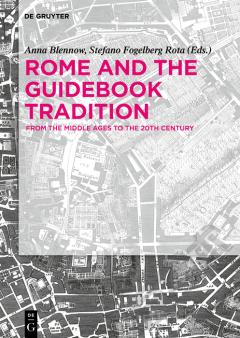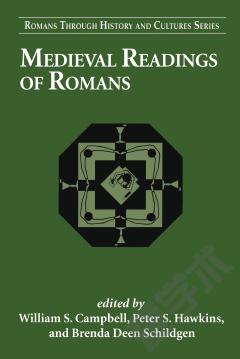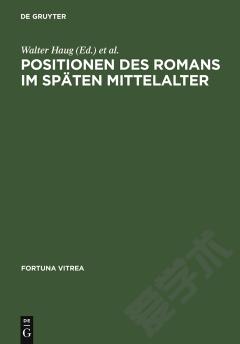Rome and The Guidebook Tradition —— From the Middle Ages to the 20th Century
----- 罗马与旅游指南传统:从中世纪到20世纪
To this day, no comprehensive academic study of the development of guidebooks to Rome over time has been performed. This book treats the history of guidebooks to Rome from the Middle Ages up to the early twentieth century. It is based on the results of the interdisciplinary research project Topos and Topography, led by Anna Blennow and Stefano Fogelberg Rota. From the case studies performed within the project, it becomes evident that the guidebook as a phenomenon was formed in Rome during the later Middle Ages and early Renaissance. The elements and rhetorical strategies of guidebooks over time have shown to be surprisingly uniform, with three important points of development: a turn towards a more user-friendly structure from the seventeenth century and onward; the so-called ’Baedeker effect’ in the mid-nineteenth century; and the introduction of a personalized guiding voice in the first half of the twentieth century. Thus, the ‘guidebook tradition’ is an unusually consistent literary oeuvre, which also forms a warranty for the authority of every new guidebook. In this respect, the guidebook tradition is intimately associated with the city of Rome, with which it shares a constantly renovating yet eternally fixed nature.
{{comment.content}}








 京公网安备 11010802027623号
京公网安备 11010802027623号